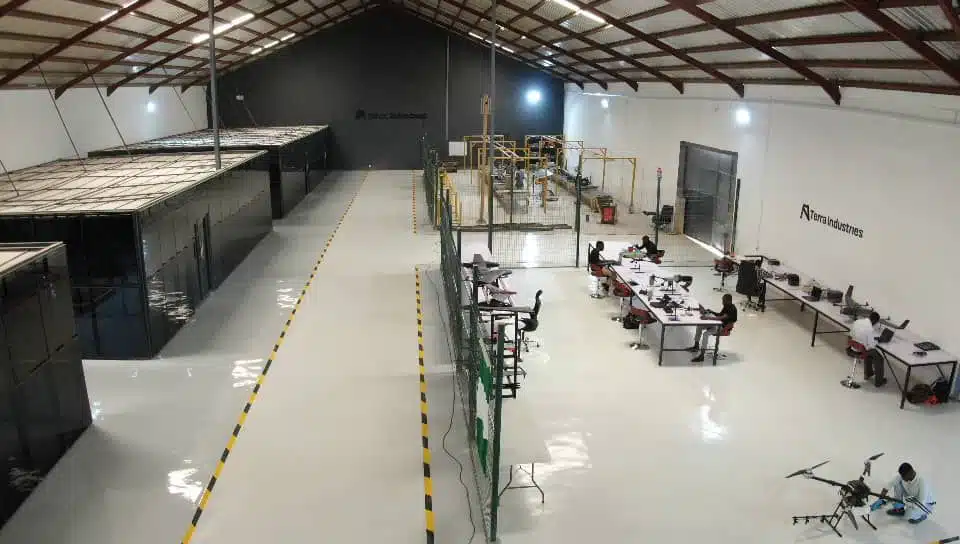The Corporate Affairs Commission (CAC) has launched a new artificial intelligence-powered registration portal that promises to incorporate businesses within 30 minutes. This development is expected to significantly ease the process of formalising businesses in Nigeria, especially for startups and small and medium-sized enterprises (SMEs).
For many entrepreneurs in Nigeria, registering a business has long been a tedious process, often marred by bureaucratic bottlenecks and long waiting periods. This reality has discouraged many business owners from formalising their operations.
With the introduction of this AI-powered portal, the CAC says it is addressing a major pain point for Nigerian entrepreneurs. The system utilises artificial intelligence to automate critical steps, including name reservation, documentation checks, and data validation. By eliminating the traditional manual review process, the commission believes it can significantly reduce the time it takes to incorporate a business.
This is particularly beneficial for startups and SMEs, which form the backbone of Nigeria’s economy but often face administrative hurdles when trying to establish their businesses legally. A streamlined registration process enables startups to quickly obtain certificates of incorporation, opening doors to essential services such as business bank accounts, access to loans, and eligibility for government grants or incentives.
According to a 2024 PwC report, Nigeria is home to an estimated 40 million micro, small, and medium-sized enterprises (MSMEs), yet fewer than 10% of these businesses are formally registered. The implications of this are far-reaching, limiting access to finance, investor confidence, and growth opportunities.
Despite this positive step, experts note that the portal alone cannot resolve all the challenges associated with doing business in Nigeria. While AI can simplify registration, systemic barriers such as the recently revised share capital requirements for foreign-owned companies still pose difficulties for many entrepreneurs. In 2023, the Nigerian government increased the minimum paid-up share capital for foreign companies to ₦100 million, a significant leap from previous requirements. Such policies can discourage small businesses from formalising or scaling their operations.
Additionally, sector-specific licensing requirements mean that even after CAC registration, some businesses still face delays in getting necessary approvals from other regulators. Without comprehensive reforms that address these deeper structural challenges, the benefits of the AI portal may only go so far.
Nevertheless, the CAC’s latest innovation represents a noteworthy advancement in Nigeria’s ongoing efforts to support startups and SMEs. If effectively implemented alongside broader policy reforms, this AI-driven system could help accelerate business formalisation, boost investor confidence, and create new opportunities for Nigeria’s burgeoning entrepreneurial community.











